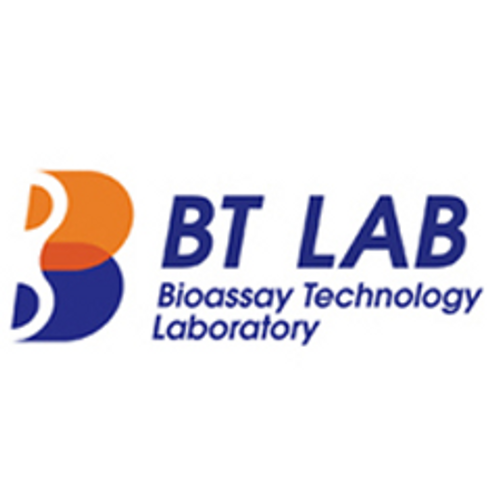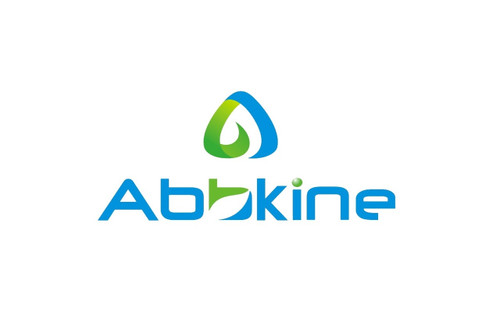Product Description
Human Monocarboxylate transporter 4 (SLC16A3) ELISA Kit | AE19147HU | Abebio
Species Reactivity: Human (Homo sapiens)
Abbreviation: SLC16A3
Alternative Name: MCT3; MCT4; MGC138472; MGC138474; monocarboxylate transporter 3|monocarboxylate transporter 4|solute carrier family 16 (monocarboxylic acid transporters) ; member 3|solute carrier family 16; member 3
Application: ELISA
Range: 0.781-50 ng/mL
Sensitivity: 0.28 ng/mL
Intra-Assay: ≤6.3%
Inter-Assay: ≤10.5%
Recovery: 1, 09
Sample Type: Serum, Plasma, Other biological fluids
Detection Method: Sandwich
Analysis Method : Quantitive
Test Principale: This assay employs a two-site sandwich ELISA to quantitate SLC16A3 in samples. An antibody specific for SLC16A3 has been pre-coated onto a microplate. Standards and samples are pipetted into the wells and anySLC16A3 present is bound by the immobilized antibody. After removing any unbound substances, a biotin-conjugated antibody specific for SLC16A3 is added to the wells. After washing, Streptavidin conjugated Horseradish Peroxidase (HRP) is added to the wells. Following a wash to remove any unbound avidin-enzyme reagent, a substrate solution is added to the wells and color develops in proportion to the amount of SLC16A3 bound in the initial step. The color development is stopped and the intensity of the color is measured.
Product Overview: Lactic acid and pyruvate transport across plasma membranes is catalyzed by members of the proton-linked monocarboxylate transporter (MCT) family, which has been designated solute carrier family-16. Each MCT appears to have slightly different substrate and inhibitor specificities and transport kinetics, which are related to the metabolic requirements of the tissues in which it is found. The MCTs, which include MCT1 (SLC16A1) and MCT2 (SLC16A7), are characterized by 12 predicted transmembrane domains. Human MCT4 shares 67% amino acid identity with chicken MCT3 (SLC16A8), 43% identity with human MCT1, 45% identity with human MCT2, 27.1% identity with human MCT5, 38.2% identity with human MCT6, 33.2% identity with human MCT7, and 26.5% identity with human XPCT (SLC16A2) .
Stability: The stability of ELISA kit is determined by the loss rate of activity. The loss rate of this kit is less than 5% within the expiration date under appropriate storage condition. The loss rate was determined by accelerated thermal degradation test. Keep the kit at 37°C for 4 and 7 days, and compare O.D.values of the kit kept at 37°C with that of at recommended temperature. (referring from China Biological Products Standard, which was calculated by the Arrhenius equation. For ELISA kit, 4 days storage at 37°C can be considered as 6 months at 2 - 8°C, which means 7 days at 37°C equaling 12 months at 2 - 8°C) .
 Euro
Euro
 USD
USD
 British Pound
British Pound
 NULL
NULL








